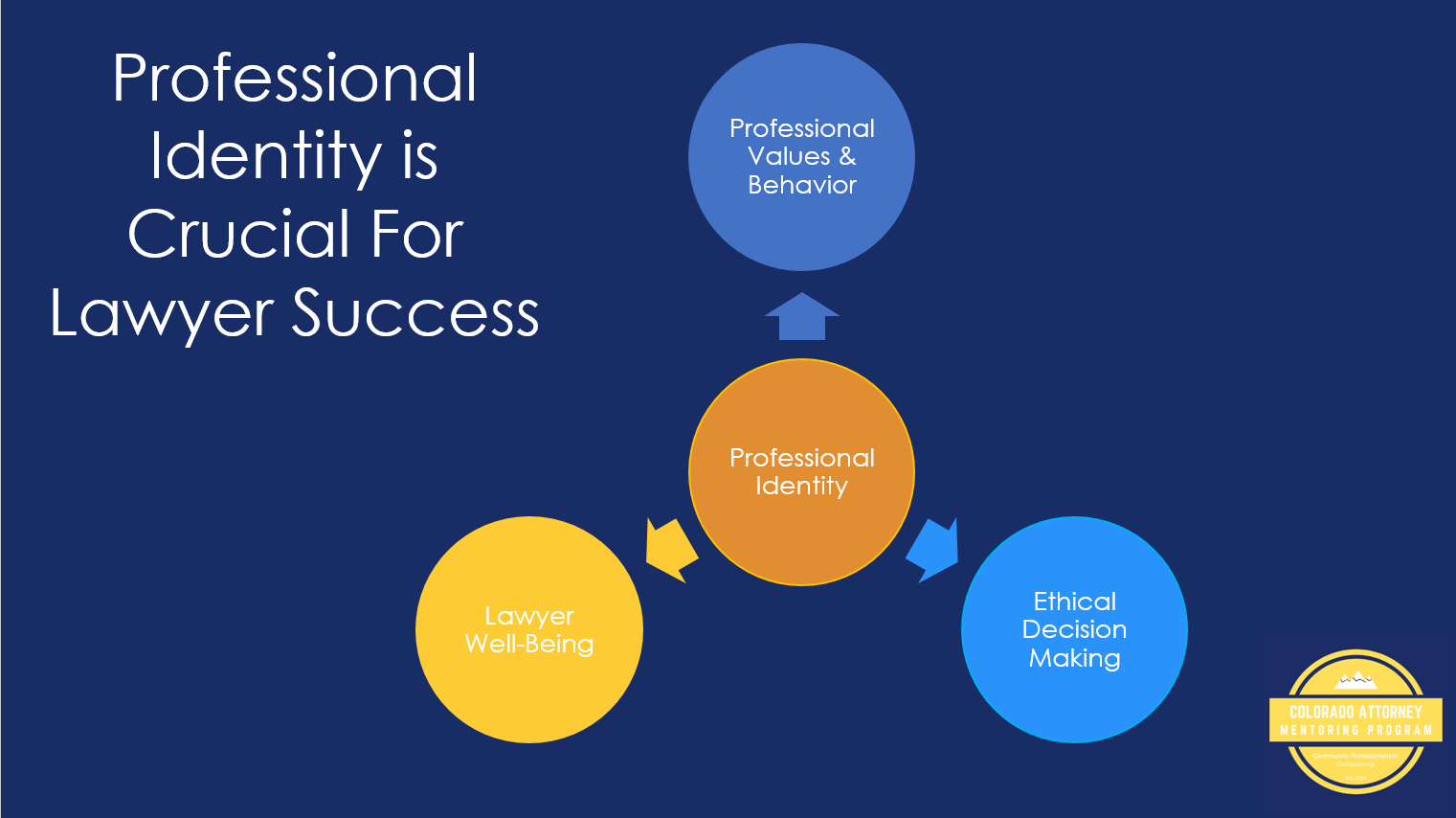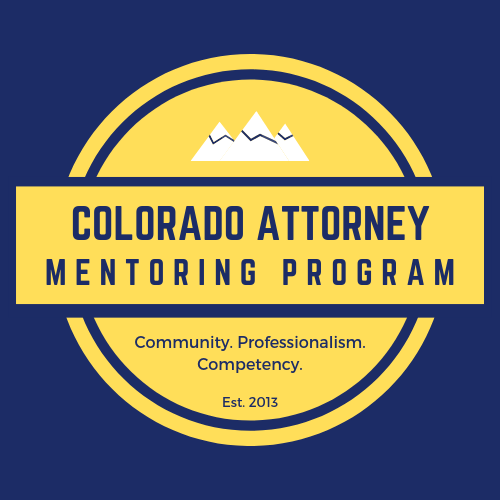
Past CBA President Mark Fogg devoted most of his term to promoting a “professional identity” of lawyers calling for public and community service. Fogg sums it up like this:
We take an oath. “I will use my knowledge of the law for the betterment of society and the improvement of the legal system. I will never reject the cause of the defenseless.” We have legal, moral, and ethical duties to others. Last I checked, we don’t have a fiduciary duty to make a profit off of our clients. However, at any partner’s meeting, there is the continuous debate that creates a tension over whether practicing law is a profession or a business. Of course, the reality is that it is partly both. You have to keep the doors open to do any good works. Still, more and more we see the law being treated simply as a business. It’s not. We have the unique opportunity to provide services to others, which have the potential to have an incredible impact on their lives. This is a privilege not given to many.
CAMP mentoring programs focus not only developing the practice area and community resources a new or transitioning lawyer needs to succeed, we also focus our curriculum on developing every lawyer’s professional identity. Being a lawyer is a 24/7 job. Not in the sense that we are always “on call” to serve as advocates or counselors, but because we are always subject to the purview of the Colorado Rules of Professional Conduct.
As a lawyer, you take an oath to faithfully and diligently adhere to the Colorado Rules of Professional Conduct at all times. This means that at all times in your professional and personal capacity you must avoid conduct that reflects adversely on your honesty, trustworthiness or fitness as a lawyer; involves dishonesty, fraud, deceit or misrepresentation; or directly, intentionally, and wrongfully harms others and that adversely reflects on a lawyer’s fitness to practice law.
This is a very high standard to live up to and one that can only be met by embodying professionalism in all that you do. The mentoring process helps you to define professional success and to identify the skills, attributes, and character traits that are unique to you and allow you to obtain professional success. Engaging in a mentoring relationship will compel you to examine your professional identity and more broadly define it to encompass who you are as a lawyer and as a person.
